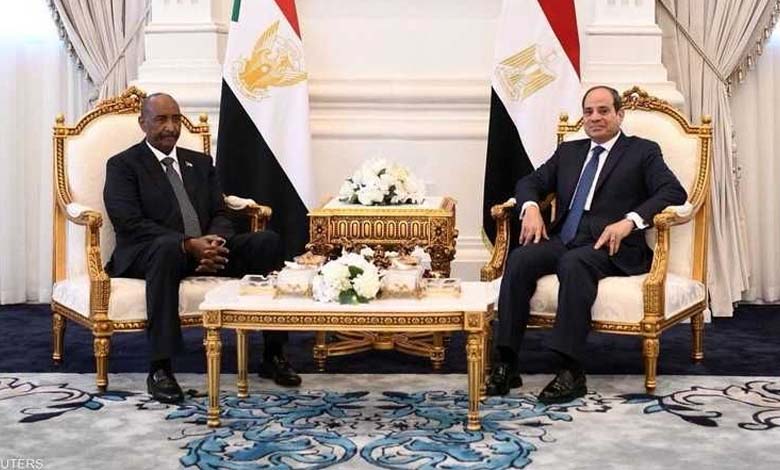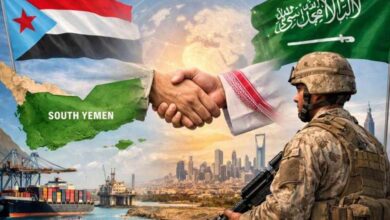Egypt Faces Strategic Challenges Amidst the Evolution of Sudanese-Iranian Relations

Amidst political and strategic shifts in the region, Egypt is confronted with new strategic challenges due to the evolving relations between Sudan and Iran. In recent months, Egyptian concerns have escalated over Sudan’s efforts to enhance its ties with Iran and its reported receipt of military support, posing threats of increased tensions in the Red Sea region.
According to political sources in Cairo, the visit of Sudan’s Transitional Sovereignty Council Chairman, Abdul Fattah al-Burhan, to Egypt raised critical and troubling questions, given Sudan’s increasing inclination towards bolstering its relations with Iran and discussions of military equipment acquisitions. Analysts suggest that this shift in Sudanese-Iranian relations could bolster Iran’s influence in the region, raising concerns in Egypt about national security and regional stability.
These developments come within the context of escalating tensions in the Red Sea region, where Egypt holds significant strategic interests. Egypt serves as a major gateway for navigation in the Red Sea and owns the Suez Canal, a vital artery for global trade. Therefore, regional stability is crucial for Egypt’s economy and security.
In this context, Egypt’s alliance with Sudan is one of the key factors in maintaining stability in the region. However, the move towards enhancing Sudanese-Iranian relations could put pressure on this alliance, leading Egypt to face new challenges in managing security and stability in the region.
Future Challenges for Egypt
These challenges arise amidst increasing pressures on Egypt from various quarters in the region, including security challenges in Libya and Gaza, ongoing tensions in relations with the Gaza Strip, and the effects of the conflict in Yemen on regional security.
Therefore, Egypt must intensify its efforts to address regional and local challenges, enhance regional and international cooperation to resolve conflicts, and promote stability. Additionally, it should reassess its strategy in supporting the Sudanese regime to ensure the effective and sustainable realization of its national and regional interests.












